
Hazel ÇAĞAN, AVİM
Ankara, TURKEY
In this study, Turkey's struggle against political pressures on recognition of 1915 events will be assessed in terms of 2015, the centennial of the events.
Relations between various groups within the population of the Ottoman Empire were overall very peaceful. Specifically, Armenians were living in harmony with the Muslim majority more than any other Christian Minority group. Armenians were part of this harmony under the name of millet-i sadıka, in other words, the loyal people. Except for Ottoman religious institutions, they took part in every Ottoman administrative unit. For example, throughout the history of the Ottoman Empire, 29 pashas, 33 members of parliament, 7 ambassadors, and 11 consuls were of Armenian origin. Furthermore, Armenians also held three of the most important positions in the Ottoman administration: Agop Kazakyan, Noradunciyan Efendi and Ohannes Sakız Pasha were Minister of Finance, Minister of Foreign Affairs and Minister of Imperial Treasury respectively.
Armenians were also a vital part of Ottoman culture. Ottoman art, music and architecture were enhanced by the existence of Armenians. Turkish music was enriched with Armenian composers, a famous one being Hamparsum Limonciyan. Turkish music was shaped by the help of the musical notations of Limonciyan.
The insufficiency on reform movements carried out by Ottoman administrators damaged the general harmony in the Ottoman Empire. Ottoman administrative control in East Anatolia was ineffective and Czarist Russia benefitted from the influence it had on Armenians in the region, starting mostly in the late 1800s. Therefore, the harmony and peace began to be damaged.
1915 events should be revealed by the historical facts and historians' research. Can 1915 events be characterized as genocide? What are the facts? What were the regional dynamics in that period? Were Armenians the only ones who lost their lives? What about the Muslims in Anatolia? History should be evaluated multi-dimensionally, and not in a single-sided manner.
The term genocide should be explained explicitly. It is obvious that this legal term is interpreted in different ways by the Western countries in order to force Turkey to recognize the genocide allegations regarding 1915 events. Their definition is not in line with the official definition of “genocide”. Which cases can be classified as genocide? For instance, Armenian gangs massacred 518.000 Muslims in Anatolia during the 1915 events, and these massacres are documented in official records.[1] How should we name such massacres?
Namibia, Srebrenica, Ruanda, 1915 events and Khojaly are all talked about within the context of the term “genocide”. Whether or not these truly classy as genocide is an important topic. Whether they constitute genocide or not, these incidents are sui generis and no doubt innocent been hurt during these cases. Therefore, each of these events should be interpreted in their own terms.
Leaving aside the character of the 1915 events, in 1948, the “Convention on the Prevention and Punishment of the Crime of Genocide” was adopted. Considering the fact that the Armenian allegations against Turkey are based on events which occurred in 1915, it is obvious that these allegations are illogical due to the adoption date of the Convention and time of the events. It is impossible to blame Turkey for events that happened in 1915, meaning before it even cane into existence and before the Convention was adopted. According to “Convention on the Prevention and Punishment of the Crime of Genocide (9 December 1948)”;
- Article 1
The Contracting Parties confirm that genocide, whether committed in time of peace or in time of war, is a crime under international law which they undertake to prevent and to punish.
- Article 2
In the present Convention, genocide means any of the following acts committed with intent to destroy, in whole or in part, a national, ethnical, racial or religious group, as such:
(a) Killing members of the group;
(b) Causing serious bodily or mental harm to members of the group;
(c) Deliberately inflicting on the group conditions of life calculated to bring about its physical destruction in whole or in part;
(d) Imposing measures intended to prevent births within the group;
(e) Forcibly transferring children of the group to another group.
- Article 3
The following acts shall be punishable:
(a) Genocide;
(b) Conspiracy to commit genocide ;
(c) Direct and public incitement to commit genocide;
(d) Attempt to commit genocide ;
(e) Complicity in genocide.
One of the most important point in the Convention is “intention”. The Ottoman Empire never intended to kill or destroy any national, ethnical, racial, or religious group. On the contrary, there are exact genocidal intentions in the cases of the Holocaust, Katyn, Nama and Herero events.
Also, the constant talk of genocide paved the way for terrorist organizations’ attacks that martyred Turkish diplomats in every corner of the world. Between 1973 and 1984, Turkey struggled against the violence carried by Armenian terrorism towards Turkey's embassies and consulates. ASALA, JCAG, and their terrorist branches displayed their bloody acts during these eleven years. ASALA officially started to kill Turkish diplomats in 1975. The West was not worried about the Armenian terrorist attacks against Turkish diplomats and their families until the Orly attack in 1983, when a high number of non-Turkish nationals were killed. Between now and then, West paid no attention to the assassinations of Turkish diplomats. The Armenian terrorism was ceased with Orly Airport attack. Four Frenchmen, two Turks, one American, one Swede were killed at the bombing, which finally caused Western backlash against Armenian terrorism.[2]
Armenia's demands from Turkey and the closed borders are overlapping incidents. Azerbaijan is Turkey's ally and friend as President Heydar Aliyev expressed that "two states, one people". It is impossible to underestimate and forget Khojaly massacre in the beginning of the 1990s.
What were the activities against Turkey in 2015 regarding the 1915 events?
How should Turkey act? Is there any current strategy? What should be the new strategy for Turkey?
Turkey should determine a new strategy for defending herself against Armenian allegations.[3] As it is known, Armenia has a strong diaspora that criticizes Turkey for not recognizing 1915 events as genocide. On the other hand, there are countless facts that Turkey may bring up regarding this issue to make her point. First of all, the ways the Armenians narrate the history with exaggerations do not comply with the truth.
It should be said that the racist approach of that many Armenians display against Turks these days is not acceptable.
The normalization and reconciliation process between Turkey and Armenia is working inefficiently due to Armenia’s rejection of Turkey’s proposal to form a historical commission that can shed light on the 1915 events.
Today, another important point that Armenians should be criticized for is the Nagorno-Karabakh conflict. Armenia currently occupies 20 percent of Azerbaijan’s territory, including Nagorno-Karabakh and seven adjacent regions. As a result of this occupation, there were a million people who had to leave their homes.[4] Furthermore, there had been massacres like Khojaly carried out by Armenian forces, which Western countries conveniently ignore. Despite UN Security Council resolutions, the Armenian occupation in Nagorno-Karabakh still continues.
As a foremost pillar of this new strategy, Turkey should cooperate with her friend Azerbaijan regarding the Karabakh issue.
It is perfectly normal for Turkey to bring Muslim massacres in Anatolia into discussions about the 1915 events. Bringing this issue in helps show people that, not only one side, but both sides were hurt during the events. Based on the facts at hand and legal considerations, Turkey cannot be expected to accept any genocide claims made against. However, it is time for Armenia to stop ignoring the historical facts and creating anti-Turkish sentiments.
[1] Ömer Engin Lütem. "Armenian Terror", Center for Eurasian Startegic Studies (ASAM), Ankara, p. 12.
[2] Maxime Gauin’s article on Orly Attack – “Remembering the Orly Attack” http://usak.org.tr/images_upload/files/uhp%2027_5.pdf
[3] Ömer Engin Lütem, The Necessity for a New Strategy. http://www.avim.org.tr/analiz/en/THE-NECESSITY-FOR-A-NEW-STRATEGY/4083 [Access date: 01.09.2015]
[4] Havva Memmedova, Ermenistan Saldırganlığı Karşısında Birleşmiş Milletlerin Tutumu.(The Attitude of United NationsToward Armenian Aggression) Akademik Bakış. Vol. 2 No.4 Summer 2009, Gazi University. p.1. http://ataum.gazi.edu.tr/posts/download?id=4665 [Access date: 20.09.2015]
© 2009-2025 Avrasya İncelemeleri Merkezi (AVİM) Tüm Hakları Saklıdır
Henüz Yorum Yapılmamış.
-
 MERCUSOR-AB İŞBİRLİĞİ VE TÜRKİYE
MERCUSOR-AB İŞBİRLİĞİ VE TÜRKİYE
Hazel ÇAĞAN ELBİR 10.03.2025 -
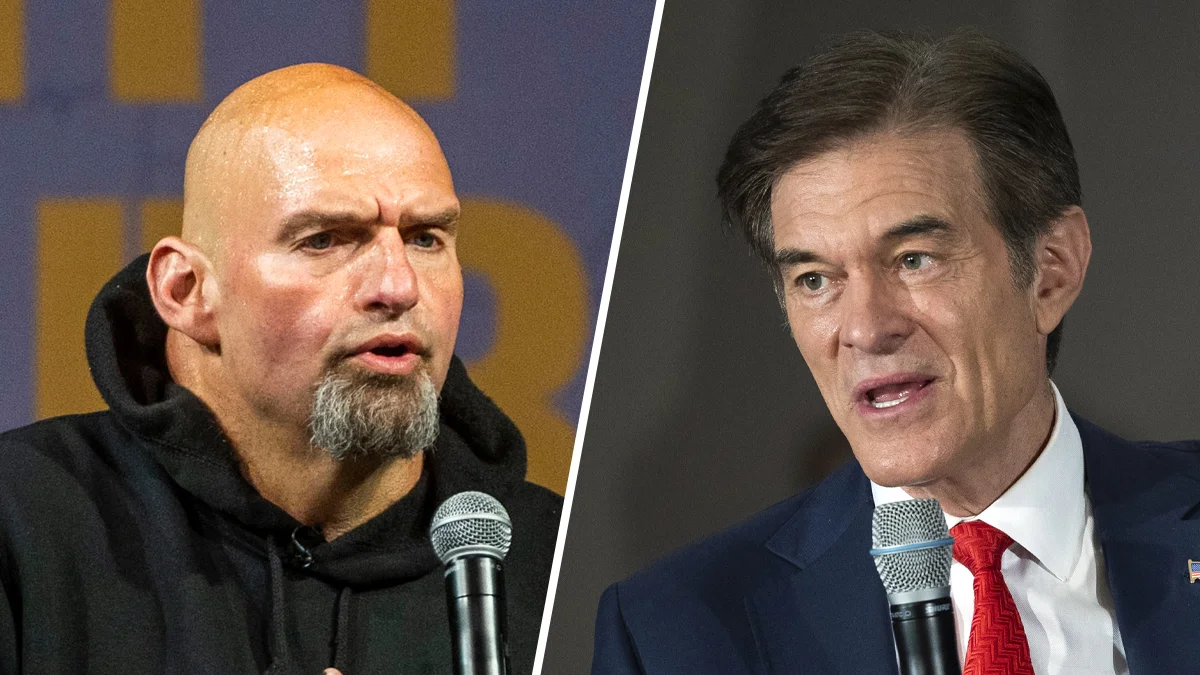 TÜRK-AMERİKAN İLİŞKİLERİ TARİHİ BİR FIRSATI YİTİRDİ
TÜRK-AMERİKAN İLİŞKİLERİ TARİHİ BİR FIRSATI YİTİRDİ
Hazel ÇAĞAN ELBİR 10.11.2022 -
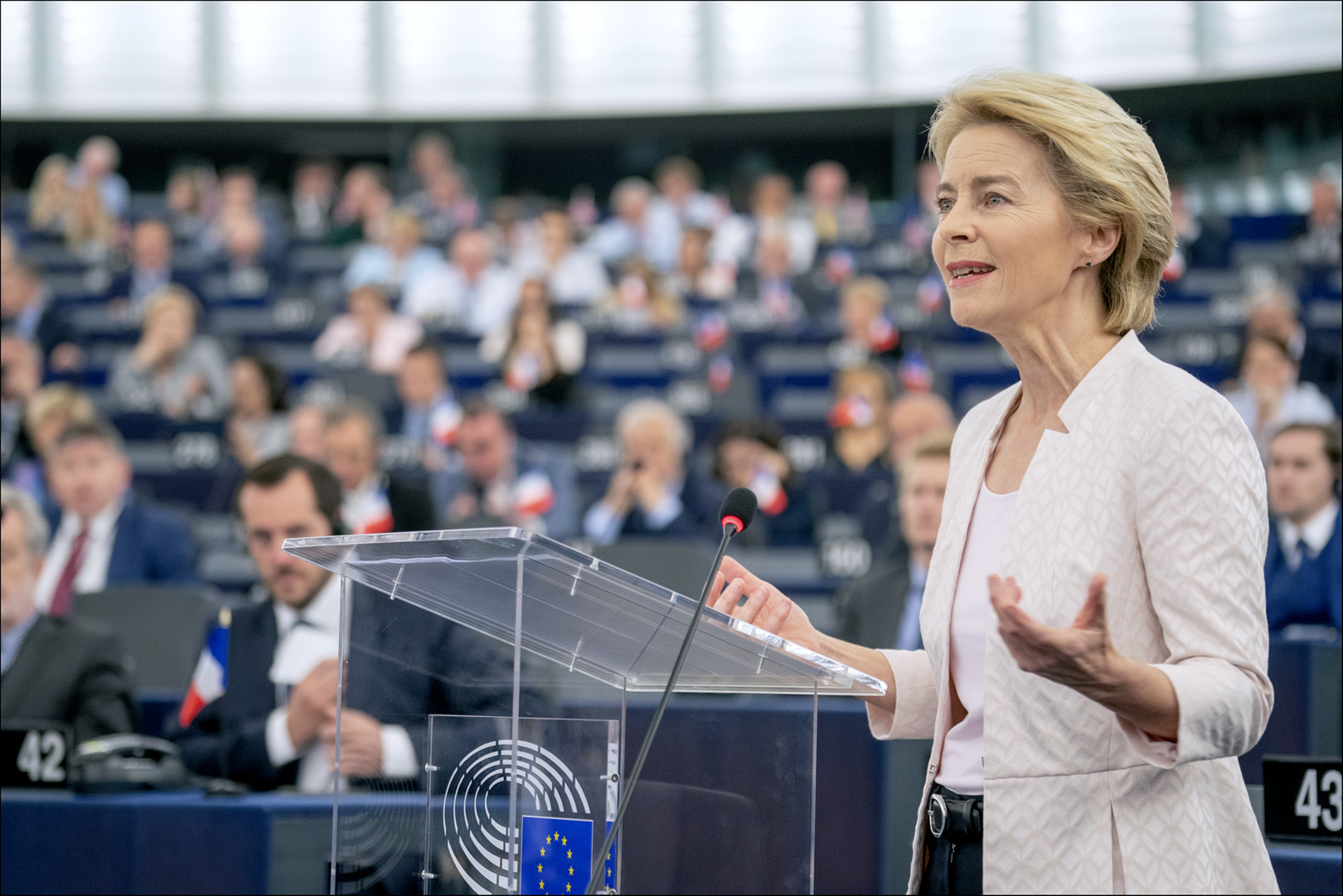 YENİ AVRUPA KOMİSYONU 1 ARALIK’TA GÖREVİNE BAŞLIYOR: PEKİ ÖNCELİKLERİ NELER OLMALI?
YENİ AVRUPA KOMİSYONU 1 ARALIK’TA GÖREVİNE BAŞLIYOR: PEKİ ÖNCELİKLERİ NELER OLMALI?
Hazel ÇAĞAN ELBİR 29.11.2019 -
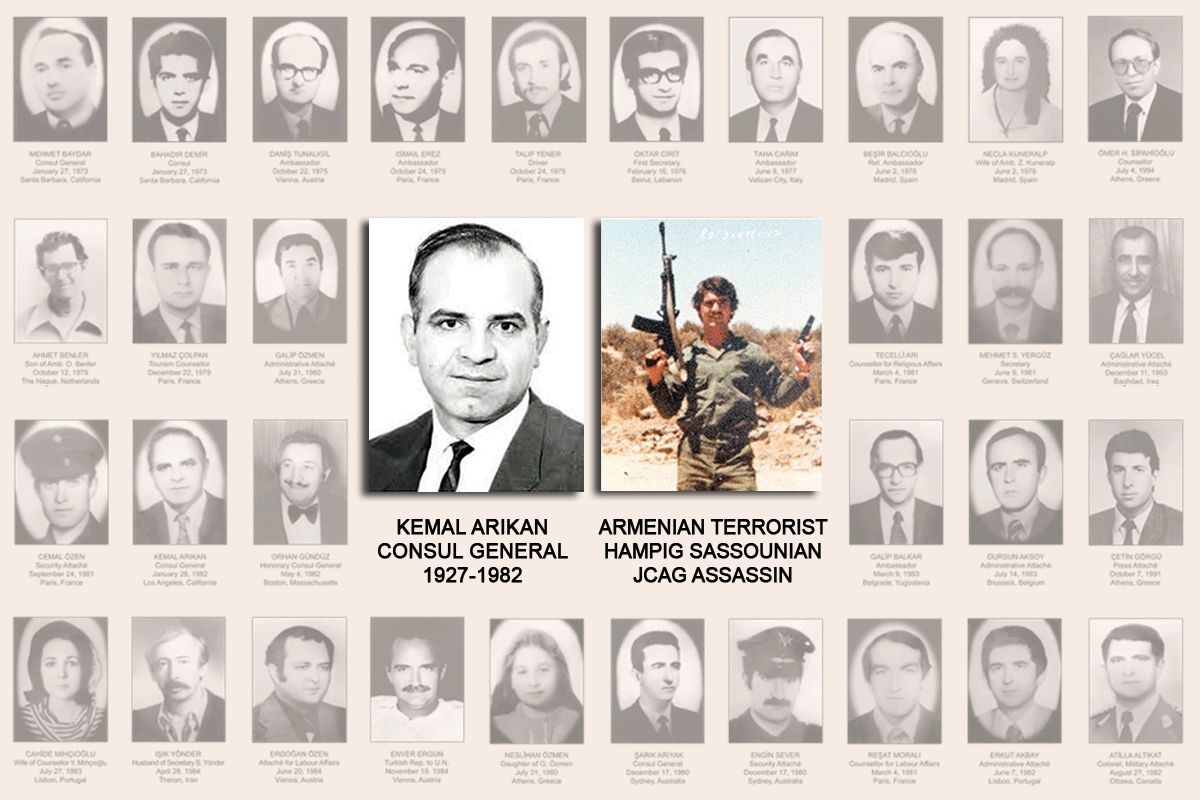 SASSOUNIAN’IN TAHLİYE EDİLMESİ KARARI
SASSOUNIAN’IN TAHLİYE EDİLMESİ KARARI
Hazel ÇAĞAN ELBİR 12.03.2021 -
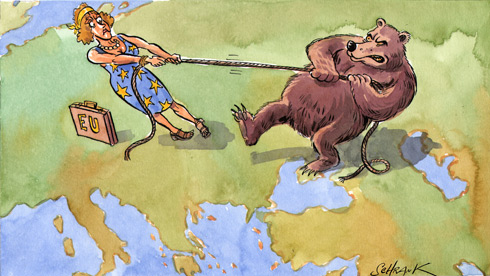 AVRUPA BİRLİĞİ’NİN DOĞU ORTAKLIĞI ANLAŞMASI VE “DOĞU”DAKİ VAZGEÇEMEDİĞİ ORTAĞI
AVRUPA BİRLİĞİ’NİN DOĞU ORTAKLIĞI ANLAŞMASI VE “DOĞU”DAKİ VAZGEÇEMEDİĞİ ORTAĞI
Hazel ÇAĞAN ELBİR 31.10.2017
-
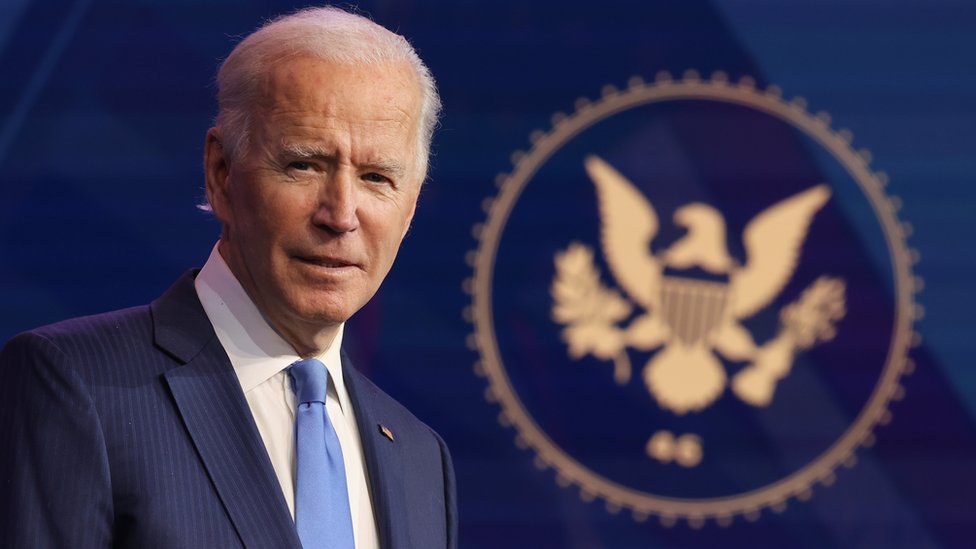 24 NİSAN ÖNCESİNDE SASSOUNIAN SORUNSALI: ABD ÇİFTE STANDART UYGULUYOR
24 NİSAN ÖNCESİNDE SASSOUNIAN SORUNSALI: ABD ÇİFTE STANDART UYGULUYOR
Hazel ÇAĞAN ELBİR 19.03.2021 -
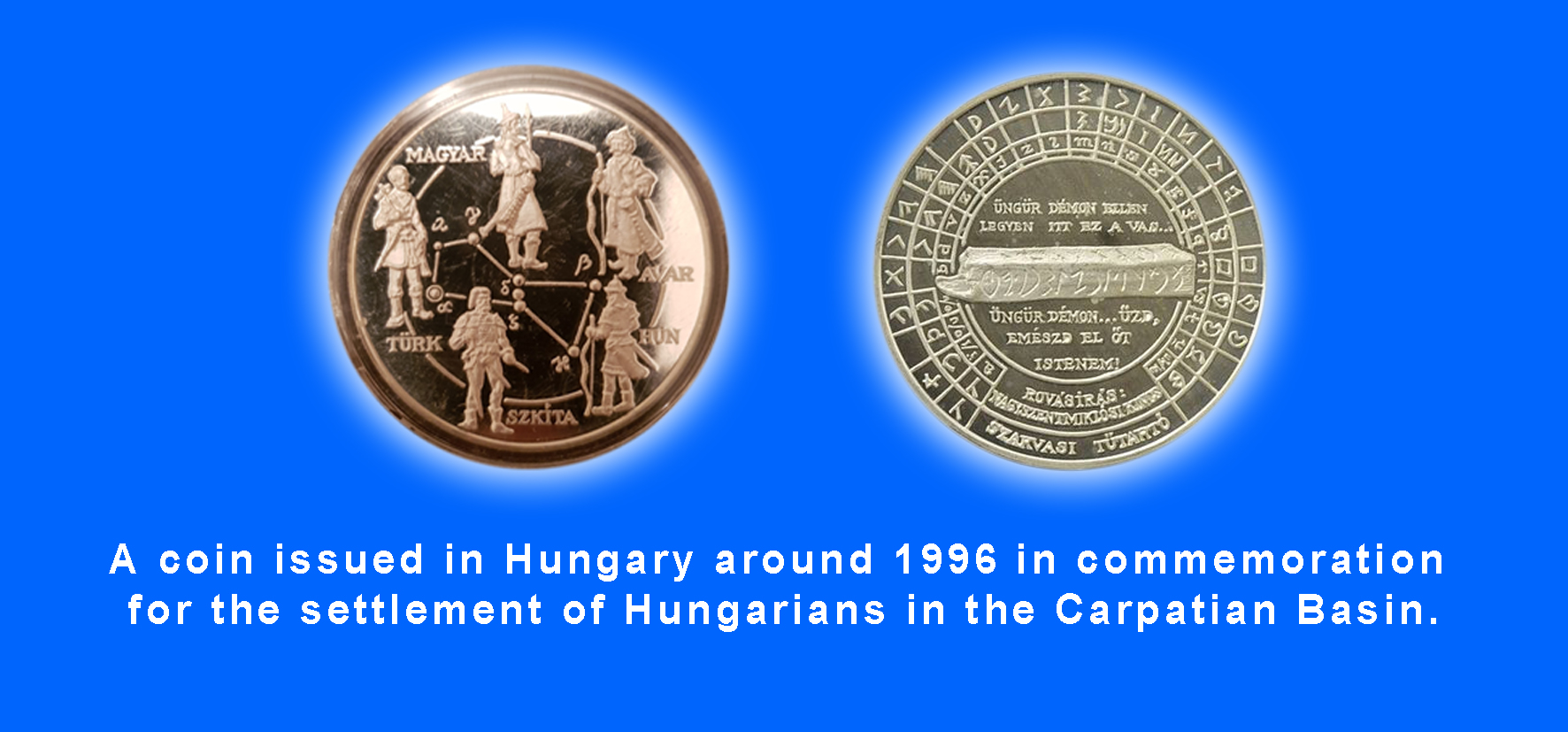 MACARİSTAN’IN TÜRK DİLİ KONUŞAN ÜLKELER İŞBİRLİĞİ KONSEYİ’NE KATILIMI
MACARİSTAN’IN TÜRK DİLİ KONUŞAN ÜLKELER İŞBİRLİĞİ KONSEYİ’NE KATILIMI
Teoman Ertuğrul TULUN 14.09.2018 -
 YUNANİSTAN, AVRUPA'DA ÇİN’İN BİR "TRUVA ATI" MI YOKSA "EJDER BAŞI" MI?
YUNANİSTAN, AVRUPA'DA ÇİN’İN BİR "TRUVA ATI" MI YOKSA "EJDER BAŞI" MI?
Teoman Ertuğrul TULUN 29.11.2019 -
 AVRUPA PARLAMENTOSU’NUN 2014 TÜRKİYE İLERLEME RAPORU’NA İLİŞKİN KARARI
AVRUPA PARLAMENTOSU’NUN 2014 TÜRKİYE İLERLEME RAPORU’NA İLİŞKİN KARARI
Ali Murat TAŞKENT 17.06.2015 -
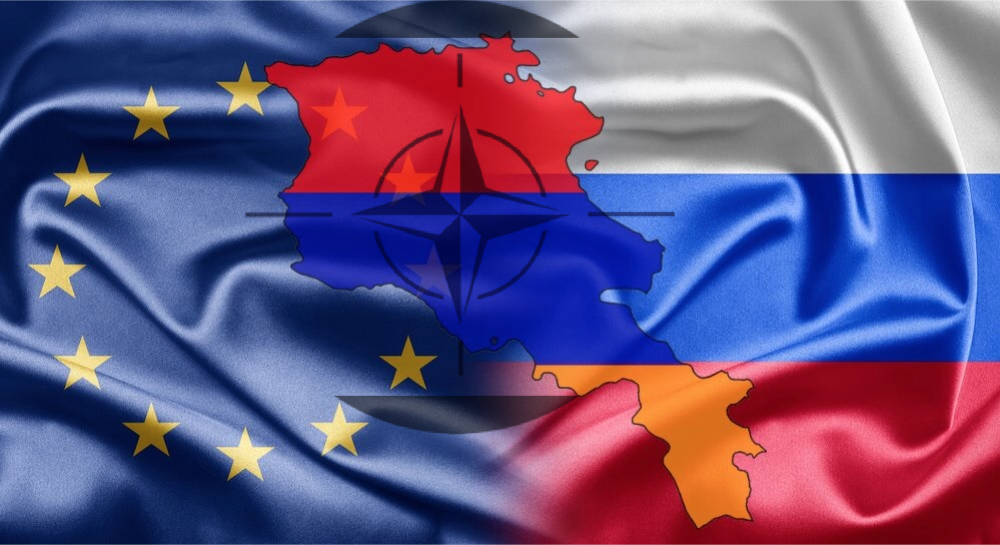 BATI İLE RUSYA ARASINDA ERMENİSTAN’IN REELPOLİTİK ARAYIŞI
BATI İLE RUSYA ARASINDA ERMENİSTAN’IN REELPOLİTİK ARAYIŞI
Tutku DİLAVER 03.08.2018
-
25.01.2016
THE ARMENIAN QUESTION - BASIC KNOWLEDGE AND DOCUMENTATION -
12.06.2024
THE TRUTH WILL OUT -
27.03.2023
RADİKAL ERMENİ UNSURLARCA GERÇEKLEŞTİRİLEN MEZALİMLER VE VANDALİZM -
17.03.2023
PATRIOTISM PERVERTED -
23.02.2023
MEN ARE LIKE THAT -
03.02.2023
BAKÜ-TİFLİS-CEYHAN BORU HATTININ YAŞANAN TARİHİ -
16.12.2022
INTERNATIONAL SCHOLARS ON THE EVENTS OF 1915 -
07.12.2022
FAKE PHOTOS AND THE ARMENIAN PROPAGANDA -
07.12.2022
ERMENİ PROPAGANDASI VE SAHTE RESİMLER -
01.01.2022
A Letter From Japan - Strategically Mum: The Silence of the Armenians -
01.01.2022
Japonya'dan Bir Mektup - Stratejik Suskunluk: Ermenilerin Sessizliği -
03.06.2020
Anastas Mikoyan: Confessions of an Armenian Bolshevik -
08.04.2020
Sovyet Sonrası Ukrayna’da Devlet, Toplum ve Siyaset - Değişen Dinamikler, Dönüşen Kimlikler -
12.06.2018
Ermeni Sorunuyla İlgili İngiliz Belgeleri (1912-1923) - British Documents on Armenian Question (1912-1923) -
02.12.2016
Turkish-Russian Academics: A Historical Study on the Caucasus -
01.07.2016
Gürcistan'daki Müslüman Topluluklar: Azınlık Hakları, Kimlik, Siyaset -
10.03.2016
Armenian Diaspora: Diaspora, State and the Imagination of the Republic of Armenia -
24.01.2016
ERMENİ SORUNU - TEMEL BİLGİ VE BELGELER (2. BASKI)
-
AVİM Konferans Salonu 17.02.2026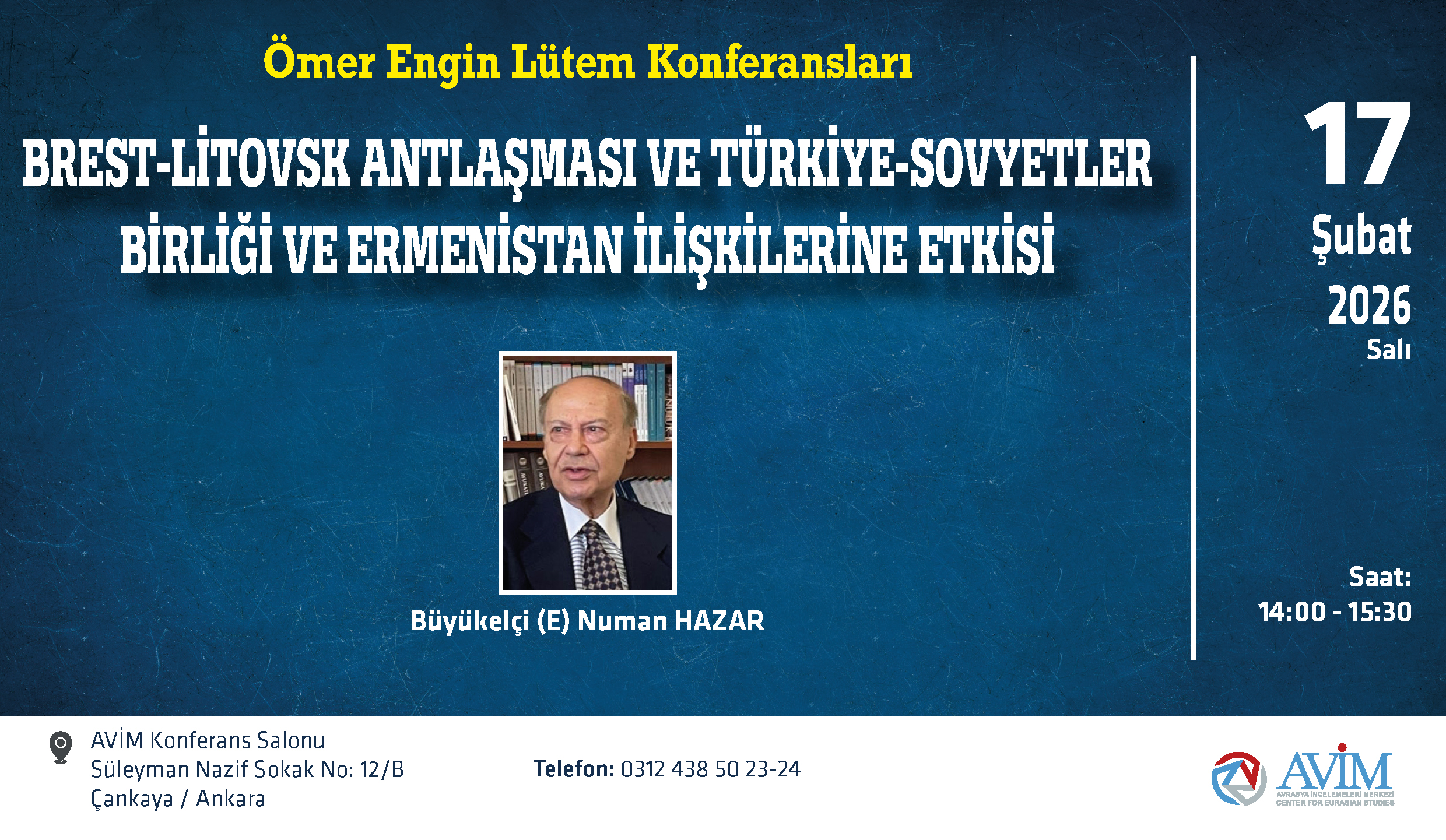
“BREST-LİTOVSK ANTLAŞMASI VE TÜRKİYE-SOVYETLER BİRLİĞİ VE ERMENİSTAN İLİŞKİLERİNE ETKİSİ” BAŞLIKLI KONFERANS









